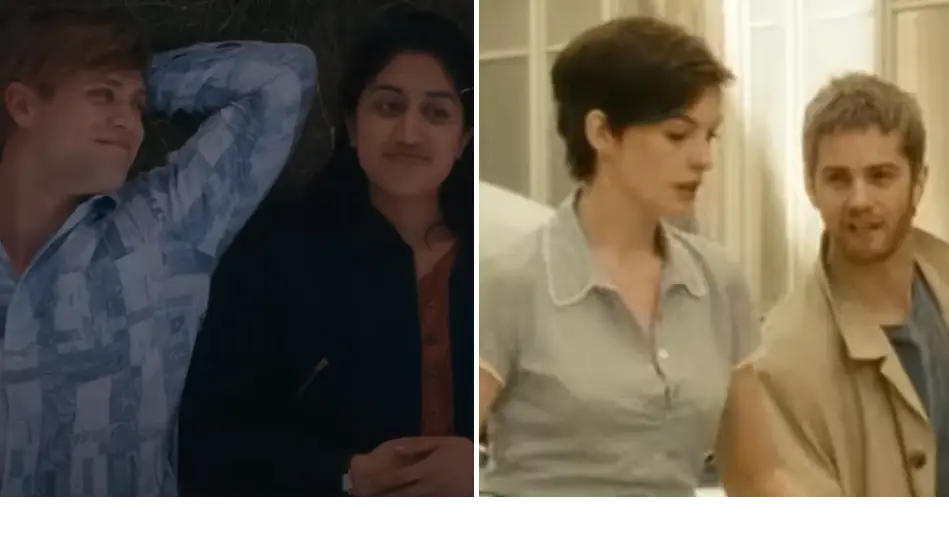
It landed on Netflix less than a week ago, and already fans of romantic television dramas are OBSESSED with brand new 14-parter One Day.
If the title of this already smash-hit rings a bell for you, it may well be that you're a book-lover who has already soaked up Emma and Dexter's complex love story in the original 2009 novel of the same name.
Either that, or you're familiar with the feature film adaptation released two years later, starring Hollywood superstars Anne Hathaway and Jim Sturgess as the titular star-crossed characters.
Advert
The latest adaptation, however, sees This Is Going To Hurt rising star Ambika Mod and The White Lotus actor Leo Woodall take on the leading roles of two university students who struggle for years to navigate their intertwining lives after spending their graduation night together.
From that fateful evening, the best friends agree to meet every year on 15 July for the next 18 years to observe how their lives change between every catch-up.
And it seems that viewers can't get enough of Netflix's latest adaptation, with many opening up on social media about how 'heartbreaking' they're finding it.
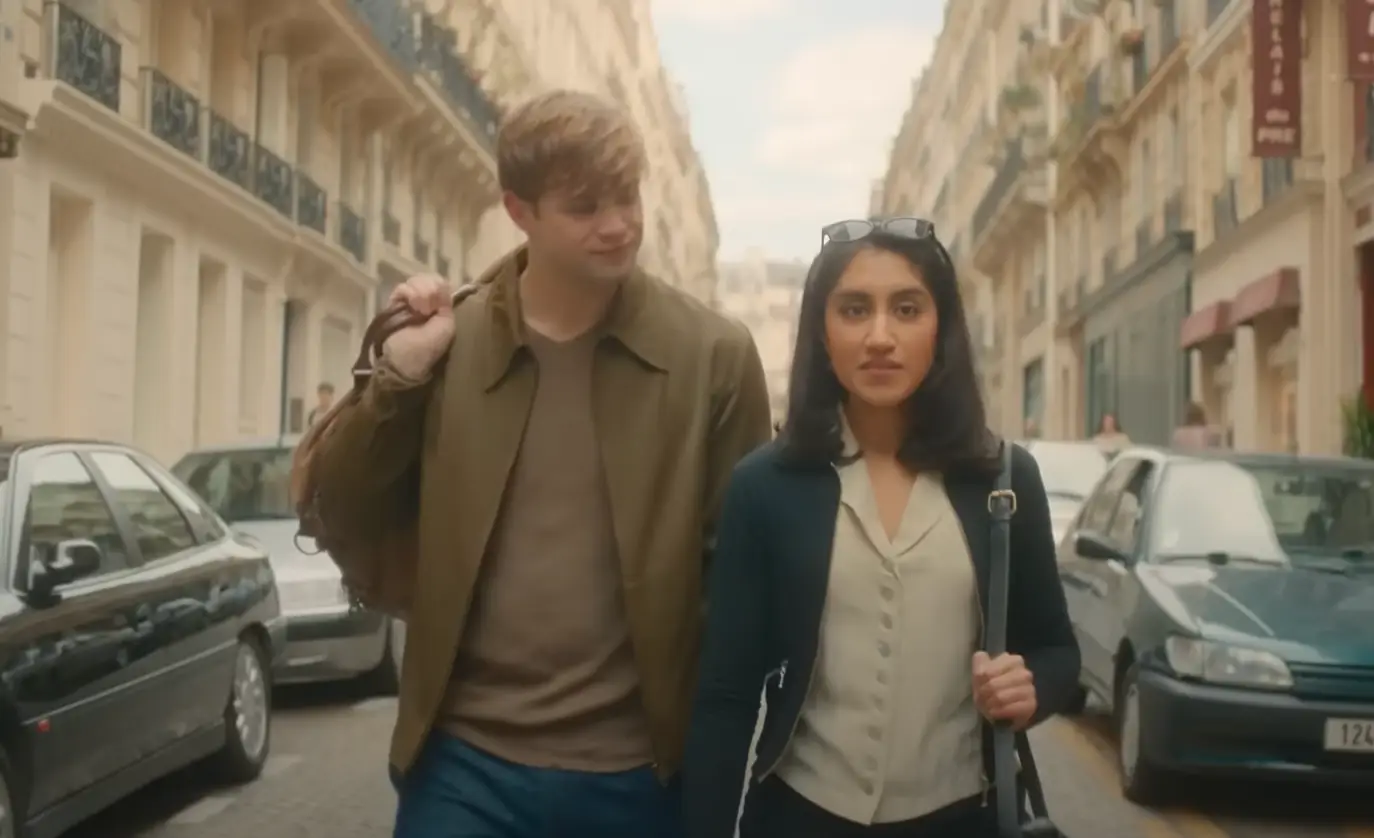
Some fans of the show have gone as far as to claim that the TV version to the 2011 blockbuster, made famous by Anne Hathaway's harrowing portrayal of Emma - and her questionable northern accent - is even 'better than the original film'.
But how exactly do the two adaptations compare to one another? It turns out, there are several changes that Netflix producers thought to implement into the latest series, the first being to include a much more diverse cast.
While the 2011 version features a predominantly white cast, lead star Ambika is a British-Indian actress, with her character Emma having a Hindu mother and Christian father, and her best friend Tilly and love interest Jean-Pierre are played by Black actors Amber Grappy and Edouard Chény.
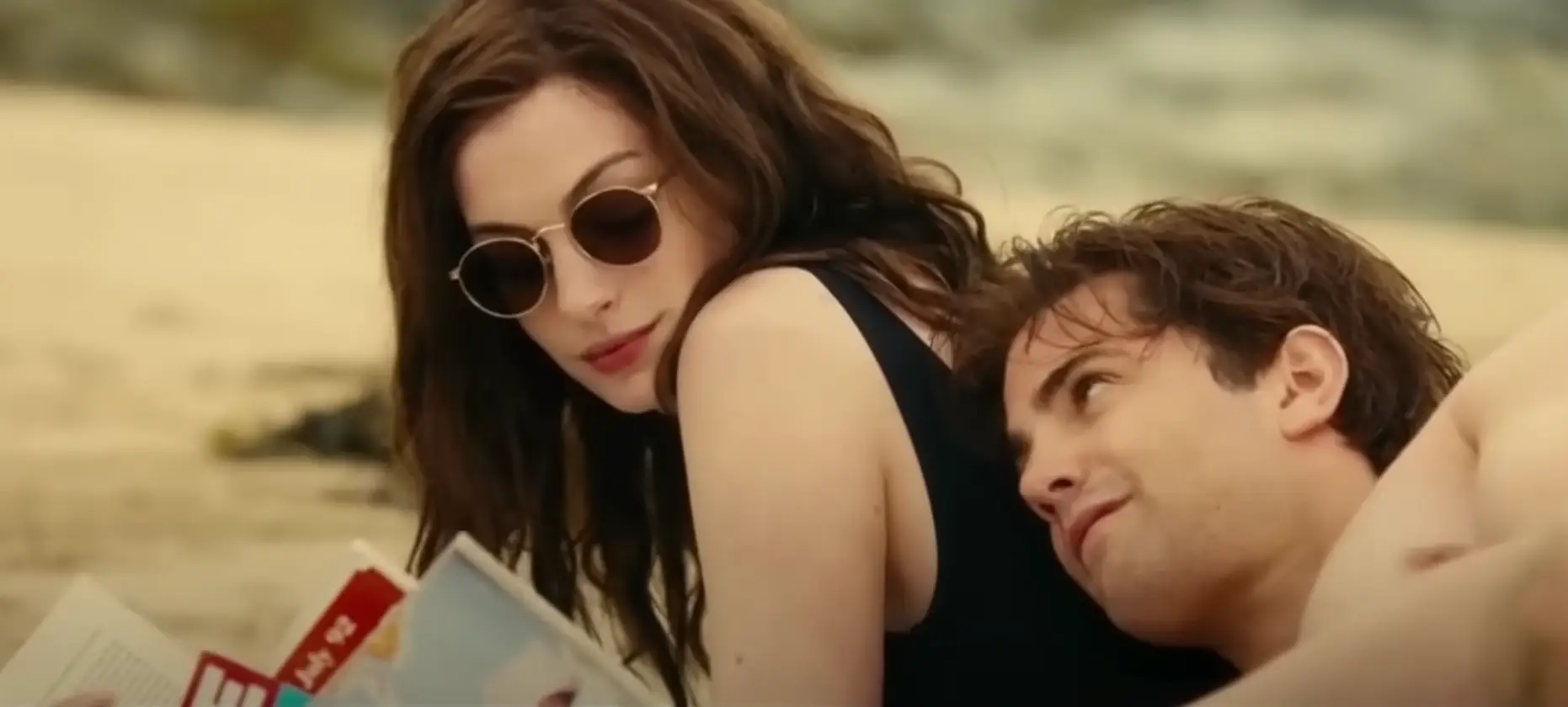
Speaking of Tilly, in the movie adaptation, Emma's gal pal only acquired a small role, appearing in her university apartment and later during her wedding.
In the TV version, however, Tilly is her closest friend and biggest support system, constantly reassuring Emma and cheering on her achievements.
Viewers have also been delighted by each episode delving even deeper into Emma and Dexter's turbulent 'situationship'.
Whilst each chapter of the book focuses on one year of their disjointed lives, the 108-minute feature film understandably has to cut out a lot of details about their relationship.
Emma's controversial relationship with the headmaster at her school and Dexter's dependancy on alcohol were both removed from the movie, despite both proving to be integral moments of the film.
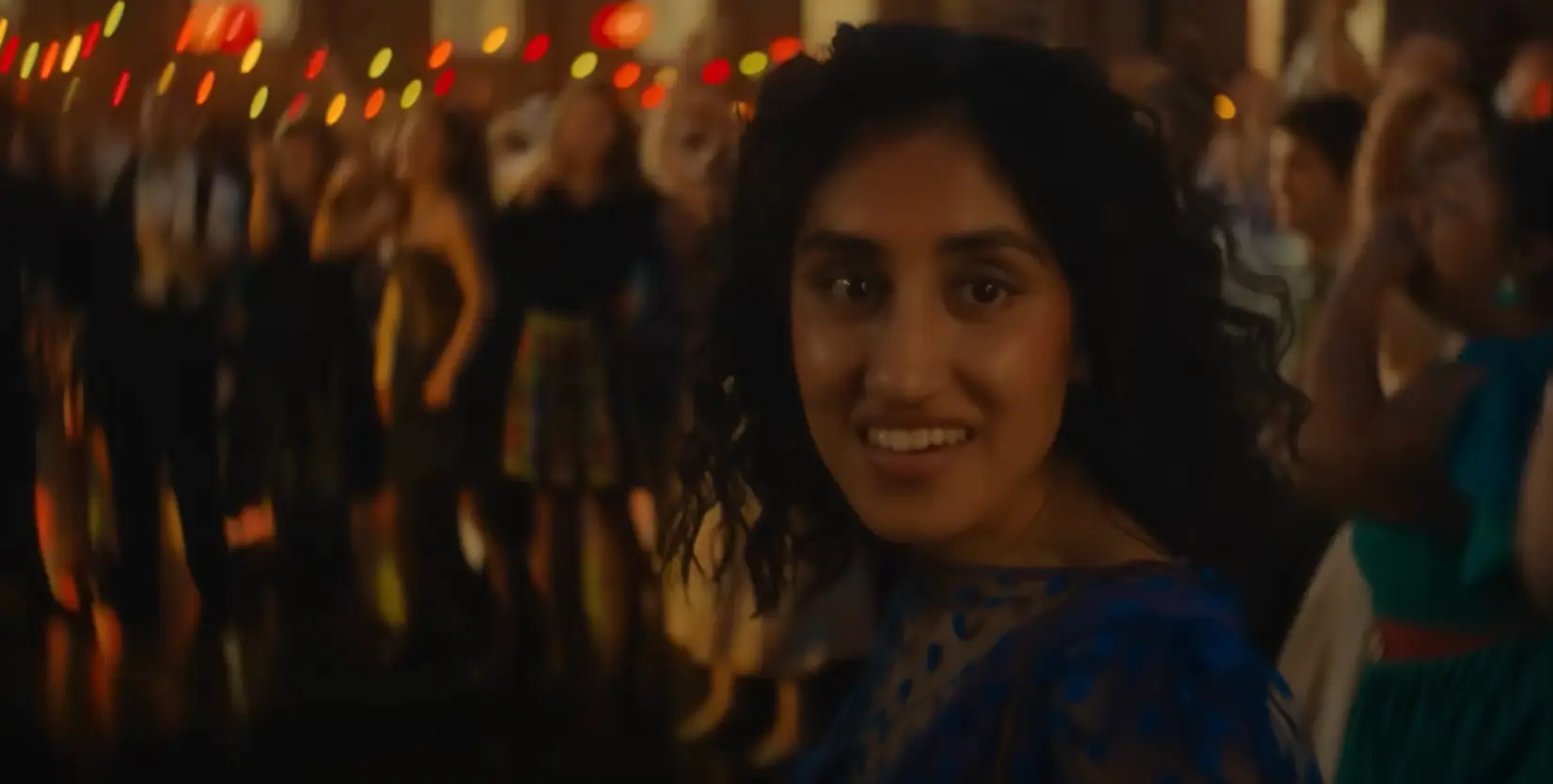
Featuring 14 episodes, however - with each episode centring on a specific year - viewers can get to truly understand what it is in one another that keeps drawing Emma and Dexter back to one another.
We see them laughing together, crying together and continuously denying the blatant fact that they should be spending their lives with one another.
The portrayals of Emma are also VASTLY different.
Whilst Oscar-winning star Anna Hathaway creates the impression that the titular female character is a bold - undressing confidently in front of Dexter on their first night together and skinny-dipping with him - rising star Ambika plays Emma as incredulous and careful.
Every step of their interlacing lives, she begins to feel more and more self-assured, though heartbreaking can never seem to grasp what exactly Dexter sees in her.
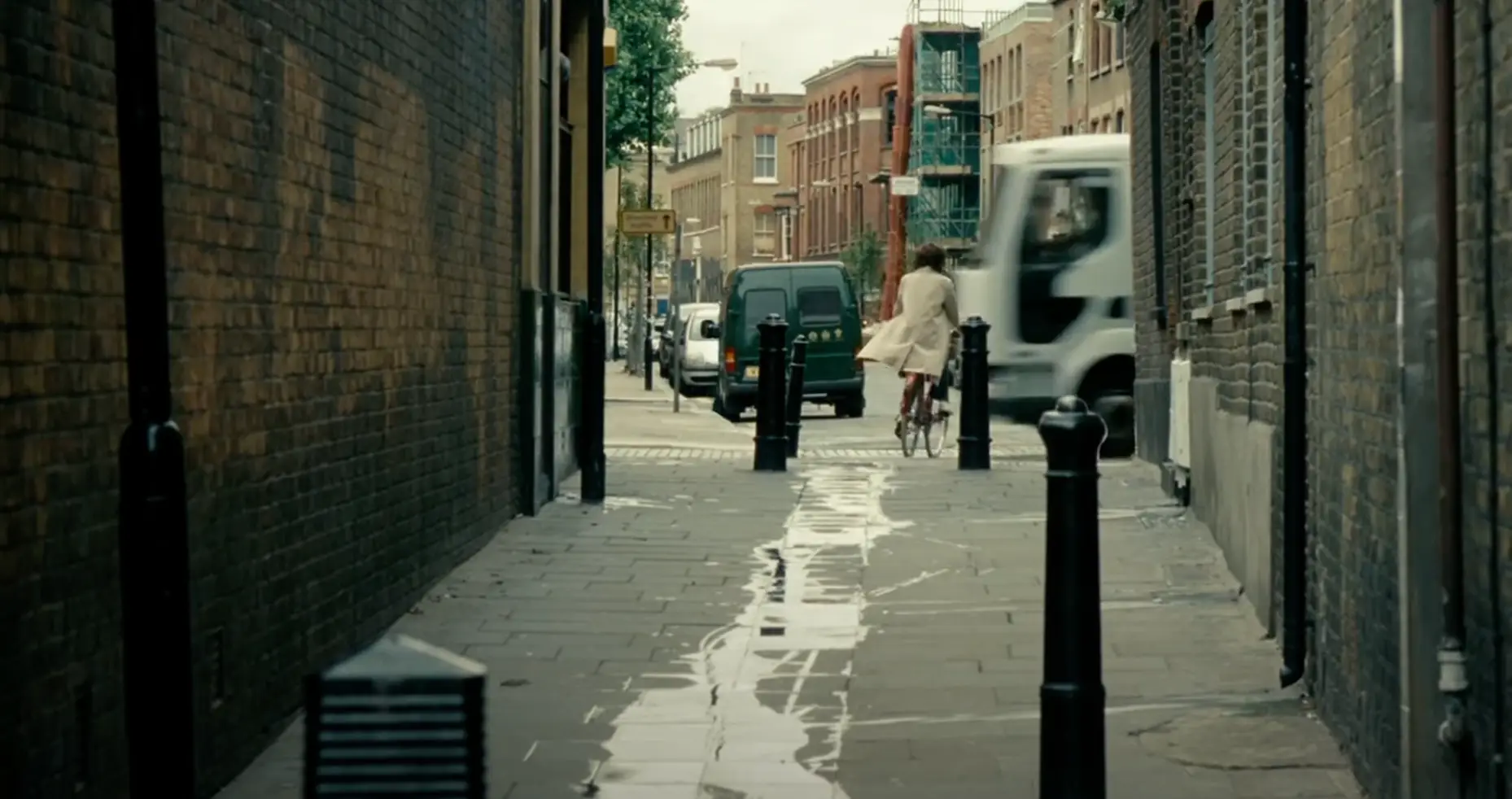
But - as those familiar with this tragic tale will already know - the couple's love story isn't destined to reach its happy ending. *WARNING: Spoiler alert!
In the movie version, Anna Hathaway's Emma is cycling through an alleyway to meet Dexter when she is suddenly struck and killed by a truck.
In the TV version, however, the death is portrayed in a much more harrowing way with the addition of rain, whilst Emma is hit by in oncoming car.
Life after Emma's death is dramatically different in the Netflix version, also.
Whilst both the TV and movie adaptation show a depressed Dexter plunge further into his drug and booze dependency as a means of coping with his loss, the latest instalment thankfully shows him recovering.
Joined by those who also loved Emma - including Tilly, her ex Ian, Dexter's ex-fiance Sylvie and daughter Jasmine - the male lead is able to move on with his life, safe in the knowledge that he's not alone in his grief.
Topics: TV And Film, Celebrity, Netflix